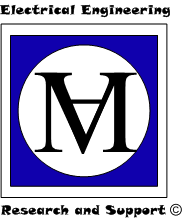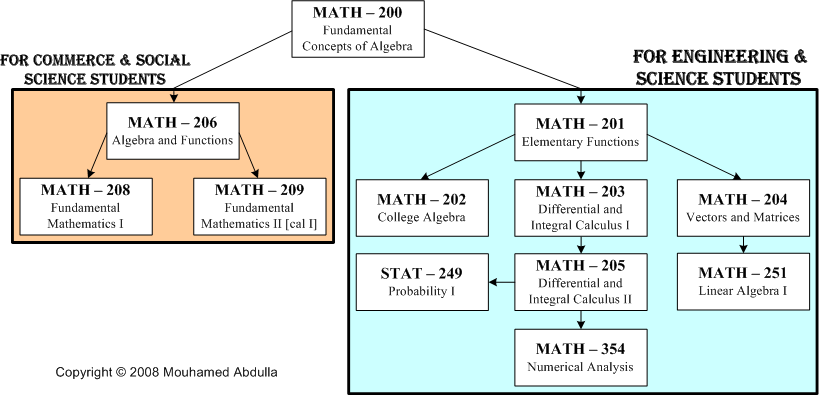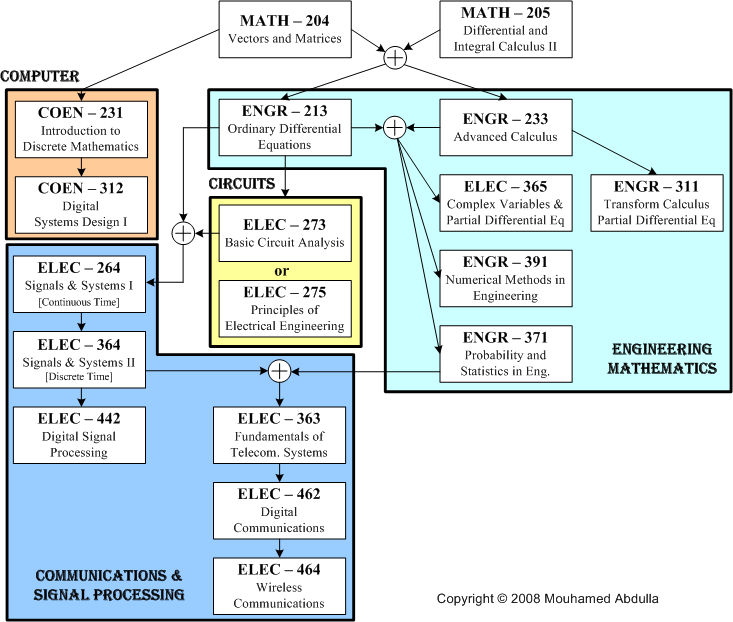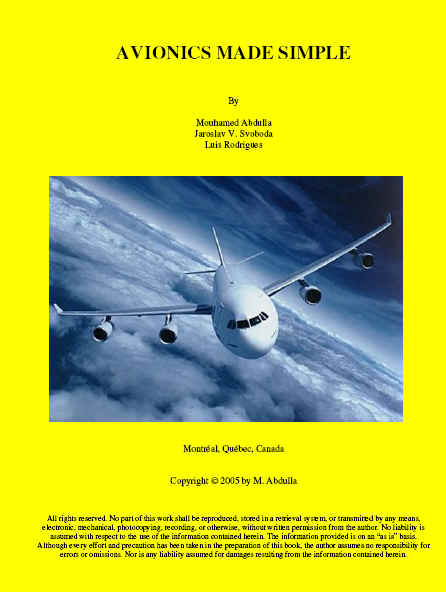|
On
August-27-2008, I attended this workshop organized by Center for Teaching and Learning Services [CTLS].
The session was coordinated by Dr.
Janette Barrington and Dr. Danielle
Morin. The
purpose was to introduce an interactive teaching tool using
"Clicker
Technology". Essentially, it is a
small handheld remote control that each student or member of an audience
can use while questioning during a presentation or a lecture. This
technology seems great because it immediately provides real-time response
from those attended, it grabs students attention, and it encourages
participation. And better than all, it gives on the spot feedback to the
lecturer on his/her performance in delivering the materials of a course or
topic.
It's
worth adding, from a technical point of view, that the transmission of the
signal from the clicker remote to the receiver is achieved through "radio
wave" [RF] propagation and not "light wave" [IR]. And this on its own is a good thing because it
will require no Line of Sight [LOS], and the
transmission range will be longer! In fact, the company's website mentions that the range
could go up to 60 m radius in an indoor multipath environment, or if the
USB receiver with the larger antenna is purchased than the range could go
up to 120
m. Also 82 frequency channels exist, in
other words, if 82 different conference rooms were to coexist in a 60 m or
120 m sphere, then no critical signal interference is expected according
to their specifications. And within each of these conference
rooms, up to 1000 users could operate a clicker control! There's only
one important factor missing on their site, and it is the "operating
frequency"; however, they did manage to get this technology
certified by both Industry Canada and FCC which sends an encouraging
message. As for the clicker's battery life depending on the usage it could
go from 0.5 to 1 yr. I hope this helps those thinking of using this tool! Link
On
May-05-2008, I attended this workshop organized by Concordia
University Libraries
to discuss copyright issues. We were
explained the general definition, the approach, and the laws governing
copyrights in general and specifically in teaching.
On
April-25-2008, I attended this workshop organized by CTLS
and facilitated by Dr.
David DiBattista. The workshop showed
strategies in writing a smart multiple choice exam. Also, we were
introduced to the IF-AT
sheet; which is an excellent tool in
multiple choice examination because it gives immediate feedback to
students!
On
April-10-2008, I attended this workshop organized by CTLS
and facilitated by Dr.
Calvin S. Kalman. The workshop focused on
practical strategies for effective teaching of science and engineering courses. We also
studied the importance of reflective writing [or free writing], critical
thinking, and collaborative groups.
In
the Fall-2006, I attended a 10 week seminars organized by CTLS
aiming to prepare Ph.D. engineering students for an academic career. The
workshop dealt with issues such as: exploring various teaching strategies,
planning lessons, preparing effective course syllabus, and preparing a
personalized teaching philosophy statement.
|
![]() ieee.org
Website: DrMoe.org
ieee.org
Website: DrMoe.org




































